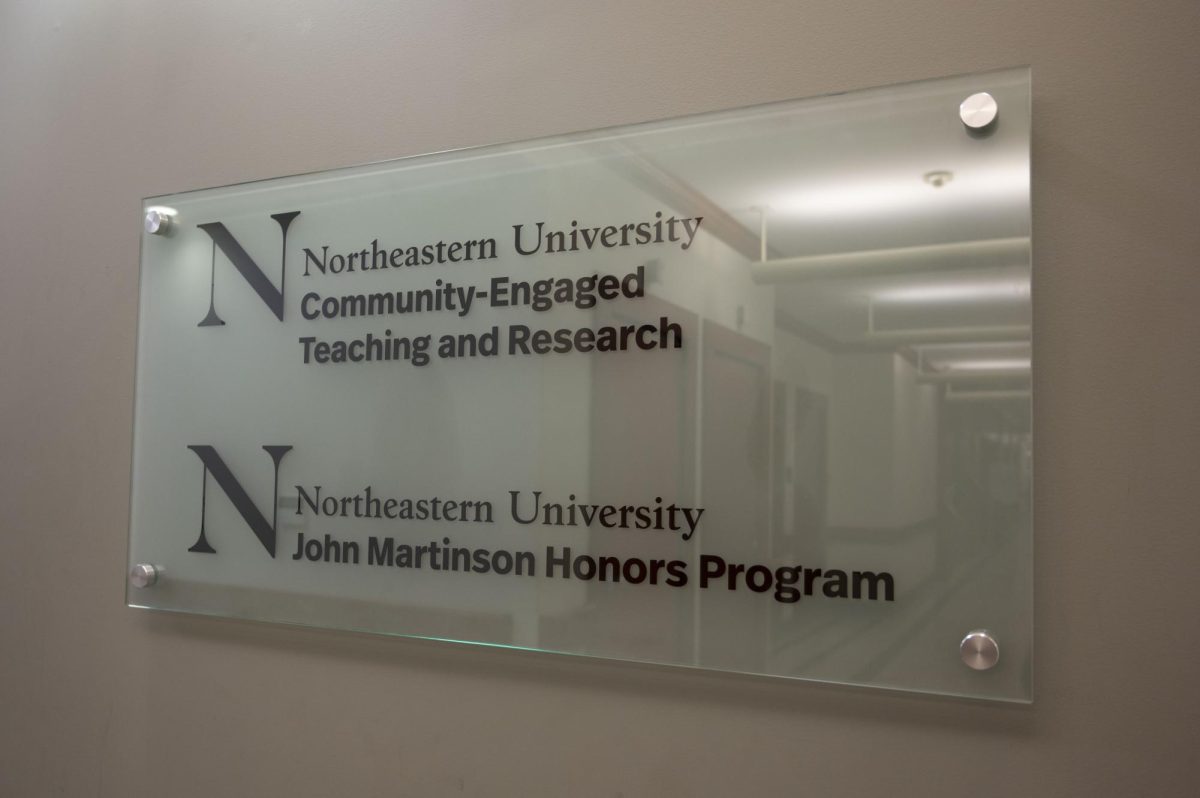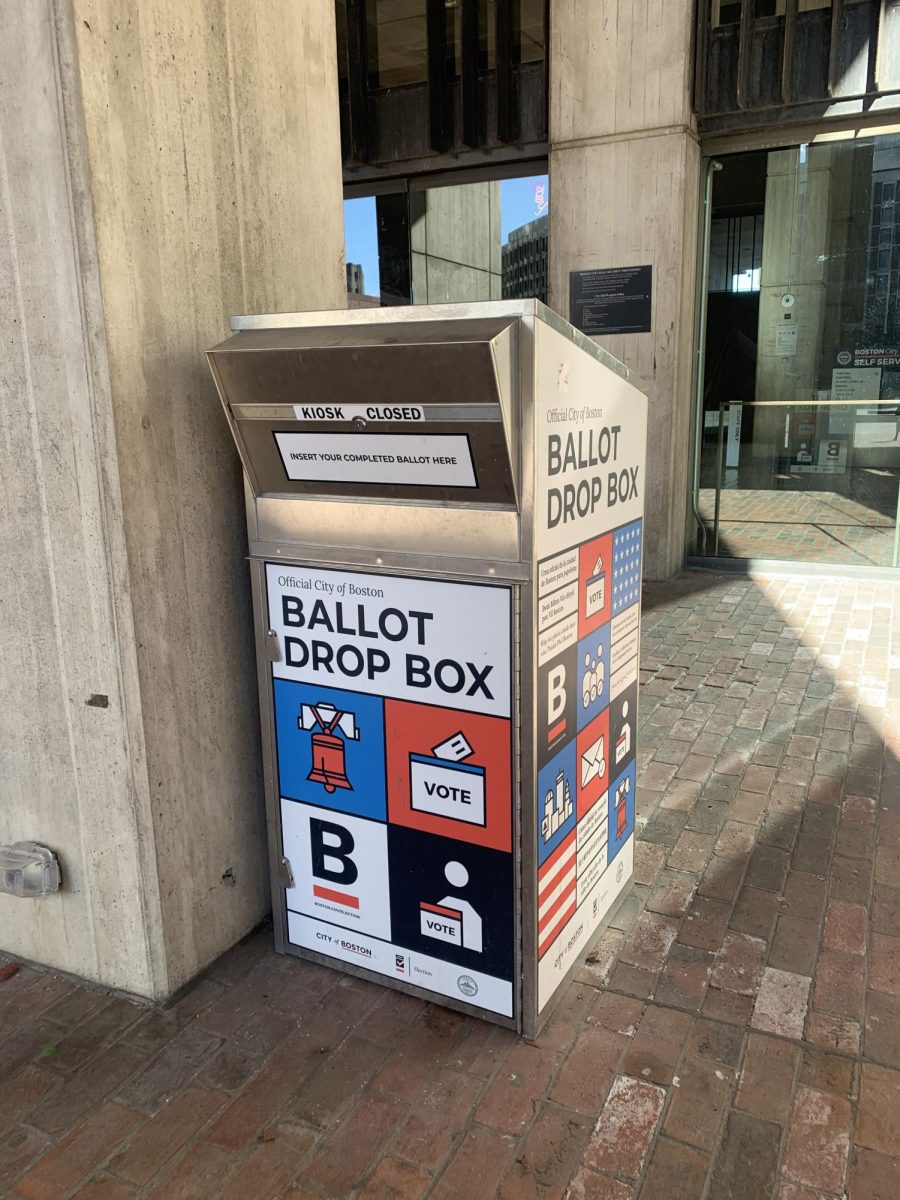Last week, the Electronic Privacy Information Center, or EPIC, published documents obtained via the Freedom of Information Act that detailed the Department of Homeland Security’s efforts to develop what Forbes terms “mobile x-ray vans.” These could scan visitors to events, train passengers and even pedestrians on streets. The technology is similar to the controversial scanners put in place by the Transportation Security Administration (TSA) in airports, which was criticized and raised privacy concerns because of its ability to see under people’s clothing. The TSA responded to the documents by stating that the “TSA has not tested the advanced imaging technology that is currently used at airports in mass transit environments and does not have plans to do so.”
Regardless of what you think of the airport scanners, the indiscriminate nude imaging of the average citizen on the street is a blatant overreach of power and is tantamount to illegal searches. It is the clearest violation yet of the Fourth Amendment and an American’s right to privacy in the TSA’s effort to ensure that everybody is secure everywhere all the time under any circumstances. Walking, technically, is a form of transportation; presumably, this is how they consider it under their purview.
The most interesting thing about this contract, however, lies in who joined Siemens in developing the technology. Northeastern University.
Page 102 of the documents released by EPIC detail the “Intelligent Pedestrian Surveillance Platform,” which the agency asserts is a detector for “Counter-IEDs (improvised explosive devices)” used in “high volume public areas and entrances to important infrastructure.” Northeastern and Siemens worked together at Siemens’ Princeton, N.J. facility, developing the cameras and algorithms necessary to track individuals in a crowd and detect whether they are wearing explosives or other hazardous materials under their clothing.
Professor Michael Silevitch of the College of Electrical and Computer Engineering was Northeastern’s primary technical point of contact, according to the documents. Northeastern was awarded at least $1 million for this contract. Much of the payment information is redacted; one contract specifies a payment of $1.3 million, and another line refers to an additional $500,000 if necessary. This amount could be considerably more.
The technology developed for this contract can be mounted in vans and used to perform body scans of pedestrians on the streets, detecting what materials they carry on their person from up to thirty feet away. There are no indications that the technology was developed to the point where it could be implemented or tested.
A privacy document contained within the release stated that the images would, akin to the scanners used at airports, attempt to obscure faces and identifiable features that may tie an image to a specific person unless compelled by a warrant. Ginger McCall, an attorney for EPIC speaking to USA Today, said the technology enables police to “digitally strip-search you and rifle through your belongings without any sort of justification.”
Last year, a top official at American Science and Engineering, a Billerica-based company, told Andy Greenberg of Forbes his firm has sold more than 500 vans equipped with a similar technology for use on vehicles to various world governments, including several for use inside the United States.
Privacy concerns caused TSA to revamp their airport security checkpoints. Previous versions of the technology provided clear, nude pictures of passengers; the revised version, announced last month, provides a gender-neutral silhouette with any items of possible concern signified with a red box.
If the TSA cannot withstand criticism for nude scanners in airports, where past experience shows a need for heightened security, how can they expect Americans to rally around a technology that potentially turns every man, woman and child on the streets into a nude model?
I know that Northeastern is a research university, and that they pride themselves on research in new technology and research. I know that Northeastern will pursue federal research whenever possible to build prestige and further our reputation. I know that Northeastern just developed what they were hired to develop, and I know that the TSA, not Northeastern, is who merits criticism for disregard of privacy. I know, I know, I know.
The debate over security and privacy occasionally strikes close to home. This past week, it did. The Northeastern University community should use this opportunity to discuss this tumultuous matter.
Check out next week’s edition of The News for a full article on Northeastern’s involvement in this development.
– Michael Denham can be reached at [email protected].













